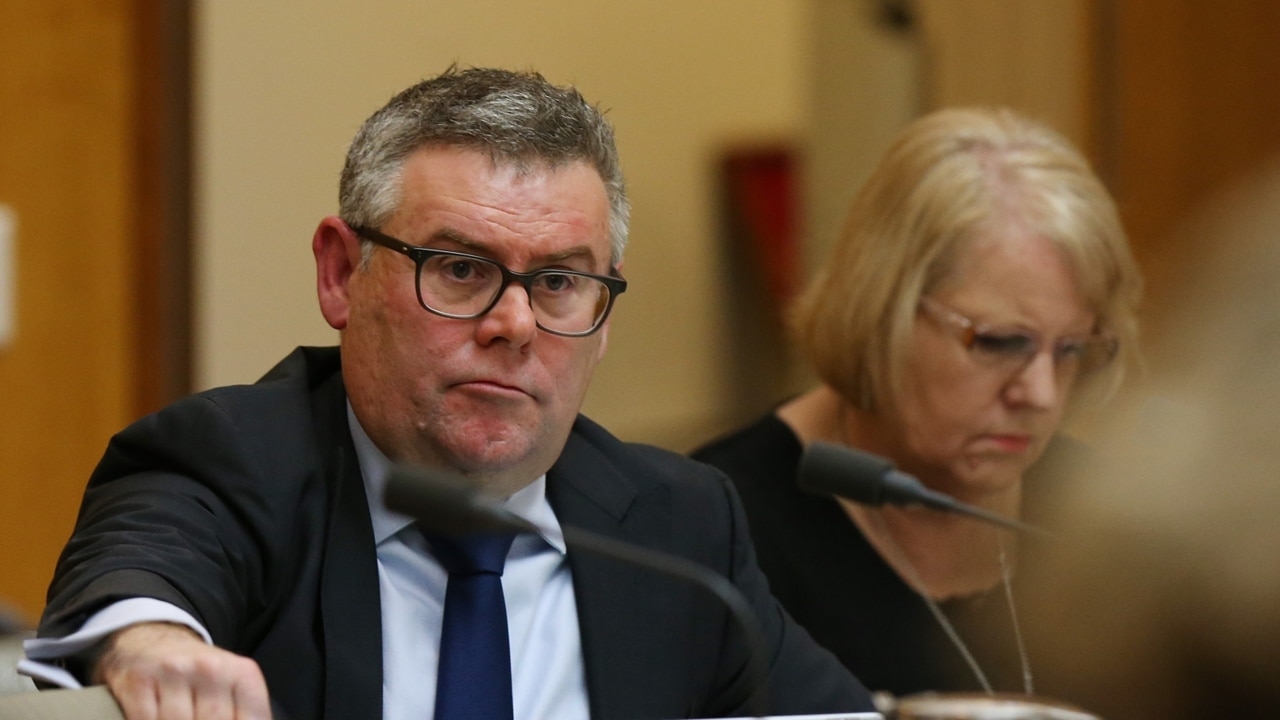NFF threat to Cattle Australia to pay up
The National Farmers’ Federation wants Cattle Australia to start paying the full membership subscription rate, or it will replace it with an internal iteration.

The National Farmers’ Federation has threatened to set-up its own internal cattle representative body if Cattle Australia doesn’t start paying a full membership rate, after years on a reduced “hardship” provision.
Cattle Australia has told the NFF it is “unwilling and unable” to pay the full subscription rate of $220,000, as required under the NFF’s constitution.
NFF financial reports show the former Cattle Council of Australia paid a hardship rate of $44,000 for membership since 2022; its successor Cattle Australia has requested that rate be extended for 12 months.
The Weekly Times understands the NFF has agreed to this request - on the proviso CA provides its financial accounts and that the hardship provision would end in June 2025.
If they do not pay the full rate, the NFF board intends to establish its own internal cattle representative structure.
The NFF and CA declined to comment on the matter.
It’s the latest blow as the finances of a number of Australia’s state farming organisations and national community councils struggle amid dwindling membership and a fight for relevancy.
Last week the Victorian Farmers Federation gave notice to six of Australia’s major commodity councils, including Cattle Australia, that it was handing in its membership in an effort to remain financially viable.
The VFF has also requested a reduced hardship memership rate of $44,000 for the NFF, down from its usual rate of $220,000.
Just weeks earlier, NSW Farmers informed a commodity group it was resigning its membership as it moved towards a model of NFF-led commodity councils, “not all these peak industry bodies”, president Xavier Martin said.
Mr Martin would not share which commodity group NSW Farmers is leaving.
Queensland’s peak farming body AgForce was the first to quit a national commodity council when it gave Sheep Producers Australia notice of its intention to leave in December due to “a number of working issues” and no signs of amalgamation between SPA and Wool Producers Australia, which it sees as a natural progression.
NSW Farmers was among those who supported a resolution at the NFF’s most recent members council meeting last month to overhaul agricultural advocacy “as a priority”.
On May 18, a majority of members supported a resolution to act on the recommendations of a 2022 Australian Farm Institute report mapping the future of agricultural advocacy, which it described as rich in resources but riddled with issues.
The NFF will undertake a “desktop review” of the organisational, financial and governance structures of its own organisation, the six state farmer organisations and major commodity peak industry councils to understand “current state resource allocation”.
The findings of the review will inform a restructuring of agricultural advocacy “to deliver effective and efficient resource allocation through shared activities such as governance, administration and finance and policy and advocacy”.





